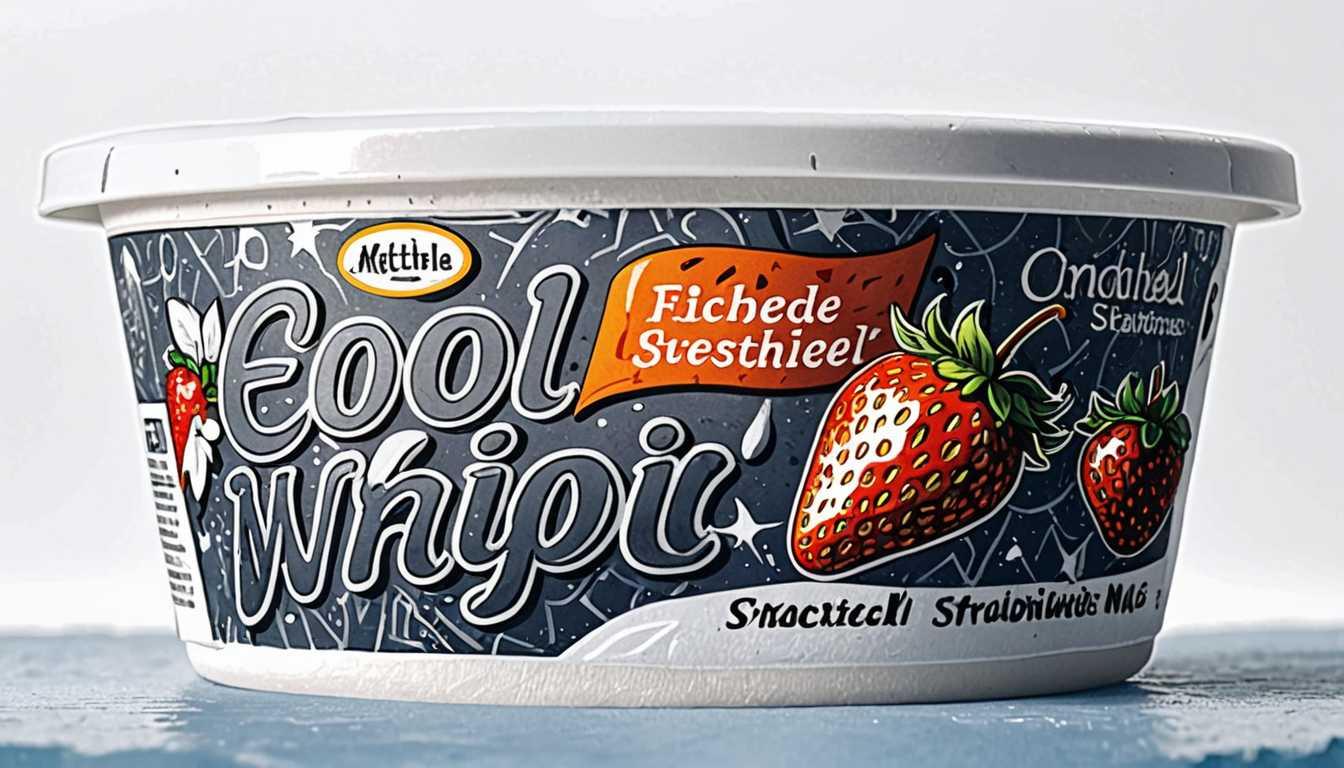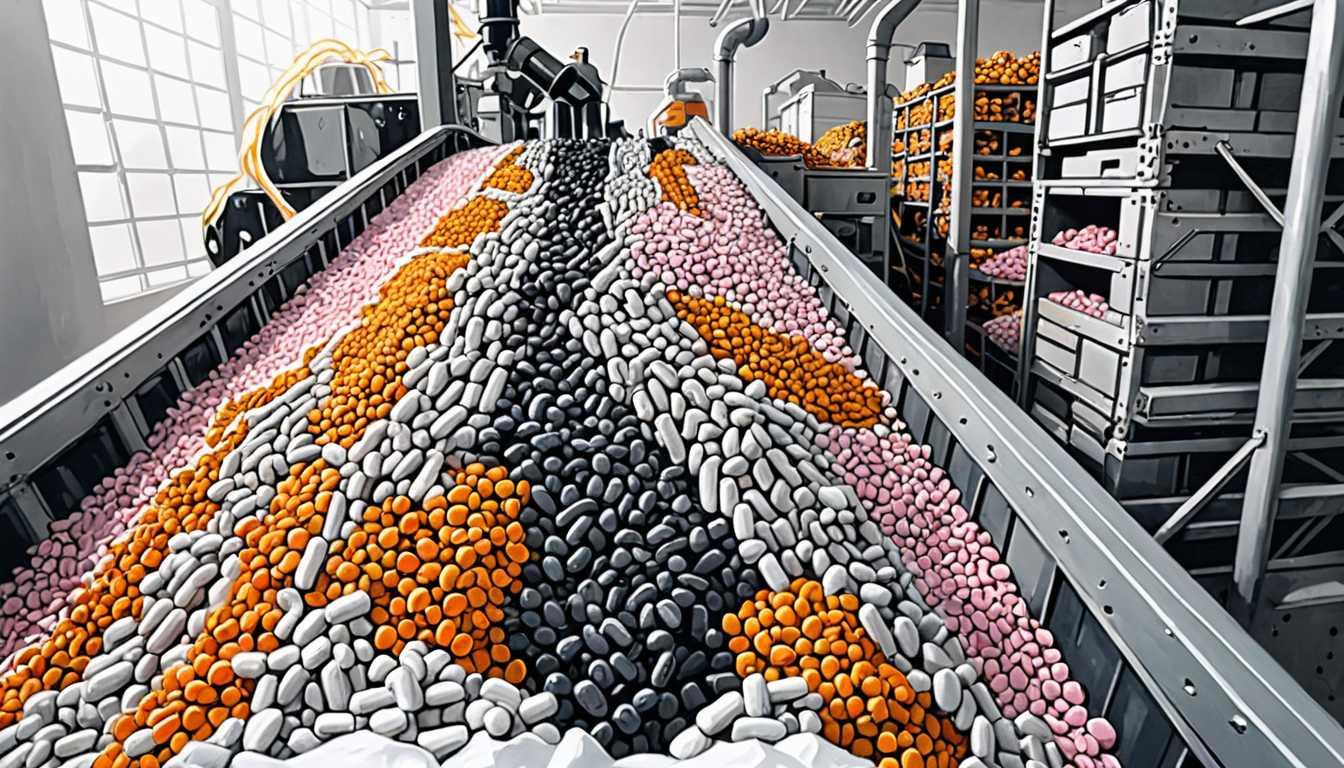Baking Powder: A Culinary Revolution
June 2017
Smithsonian Magazine
Introduction
Ever wondered why whipping up a cake today is a piece of cake? Dive into the delicious history with Smithsonian Magazine's "The Great Uprising: How a Powder Revolutionized Baking." From the laborious cake-making days of early America to the modern magic of baking powder, this article serves up a fascinating slice of culinary evolution. Discover how a simple chemical concoction saved us from a lifetime of sifting, pounding, and waiting, and baked its way into our hearts (and pantries).
READ FULL ARTICLEWhy It Matters
Discover how this topic shapes your world and future
Baking Up a Storm of Innovation
Imagine a world where making a simple cake would take you an entire day, or where fluffy pancakes were a luxury few could afford. Sounds pretty bleak, right? Well, that was the reality before the invention of baking powder—a humble yet revolutionary ingredient that transformed the world of baking and cooking as we know it. This isn't just about making cakes rise; it's about how innovation can change our daily lives. Baking powder's story is a testament to human ingenuity and the quest for convenience, illustrating the profound impact that seemingly small inventions can have on global culinary practices. For you, this might mean appreciating the science behind your favorite treats or even inspiring you to think about the everyday problems you could solve with a bit of creativity and scientific know-how.
Speak like a Scholar
Leavening Agent
A substance used in dough and batter that causes them to rise by producing gas bubbles. Yeast and baking powder are common examples.
Fermentation
A metabolic process that produces chemical changes in organic substrates through the action of enzymes. In baking, it refers to the process where yeast converts sugars into carbon dioxide and alcohol, causing dough to rise.
Potassium Carbonate (Pearlash)
A chemical compound that was an early leavening agent used before baking powder. It's derived from lye and wood ashes.
Monocalcium Phosphate
A chemical compound used as an acid component in some baking powders. It reacts with baking soda to produce carbon dioxide, helping baked goods to rise.
Chemical Reaction
A process that leads to the transformation of one set of chemical substances to another. Baking powder causes a chemical reaction in dough that produces carbon dioxide bubbles.
Acid-Base Reaction
A type of chemical reaction that occurs between an acid and a base, often producing water and a salt. In the context of baking powder, it refers to the reaction between baking soda (base) and an acid (like cream of tartar or monocalcium phosphate) to produce carbon dioxide.
Independent Research Ideas
The chemistry of baking
Investigating the chemical reactions involved in baking, focusing on how different leavening agents affect the texture and taste of baked goods.
Historical cooking techniques
Exploring ancient and traditional methods of food preparation and how they have evolved over time, including the role of fermentation in early baking practices.
Food science and nutrition
Analyzing the nutritional implications of using various chemical additives in food, with a focus on the health aspects of modern baking ingredients compared to traditional ones.
Innovation in the kitchen
Examining how technological advancements have transformed cooking and baking, from the invention of baking powder to the development of modern kitchen appliances.
Culinary anthropology
A study of how baking practices and preferences vary across different cultures and how global trade and innovation have influenced traditional recipes and ingredients.
Related Articles

Edible Inventions: The Mitchell Magic
July 2019
Smithsonian Magazine

Brighter LEDs: Efficiency vs. Stability
August 2023
Stanford University

The Shiny History of Patent Leather
August 2024
JSTOR Daily

Sweet Revolution: Candy's Industrial Leap
February 2019
Smithsonian Magazine

Powering the Future: Battery Breakthrough Unveiled
August 2024
MIT News